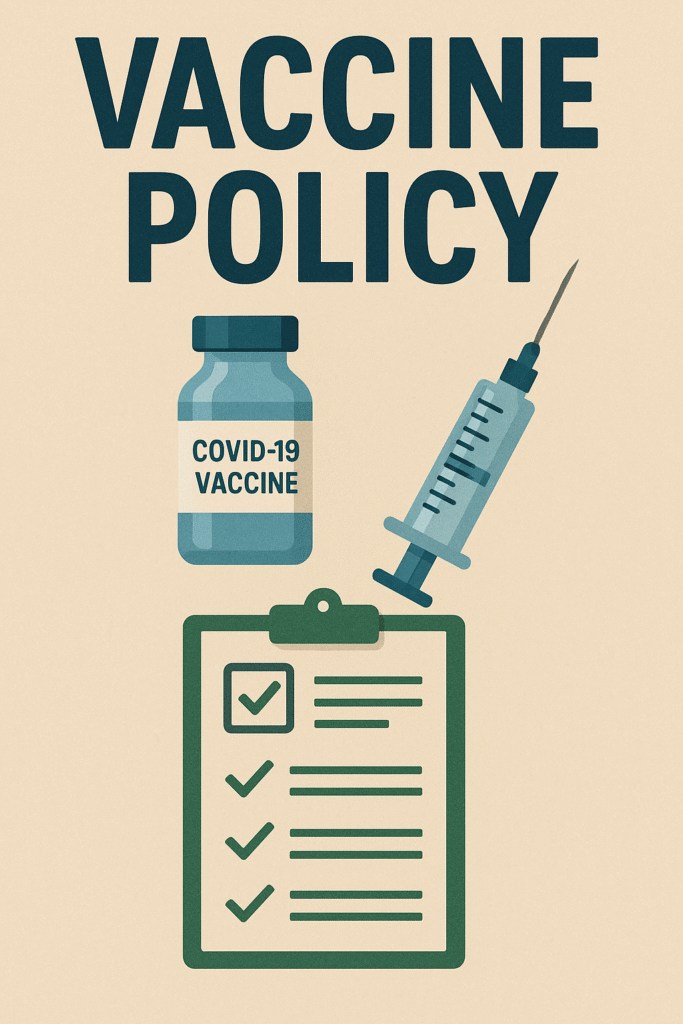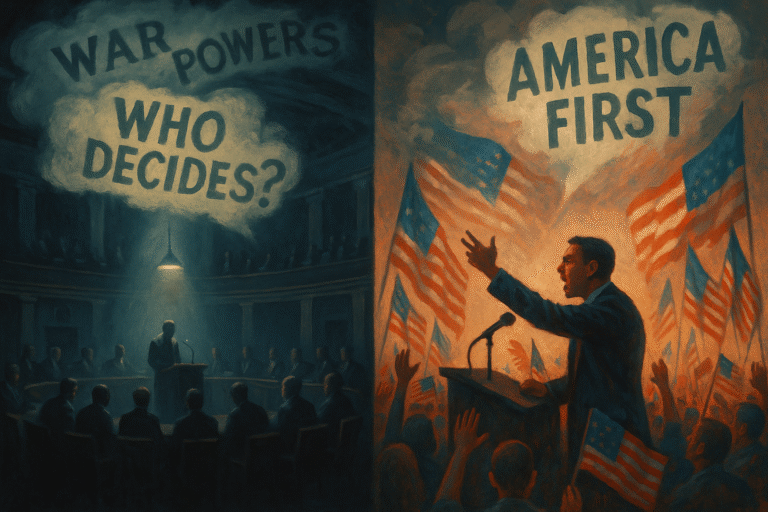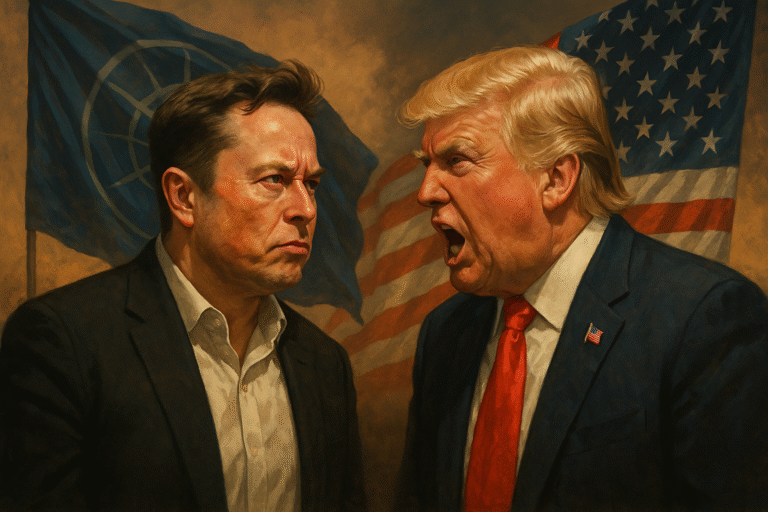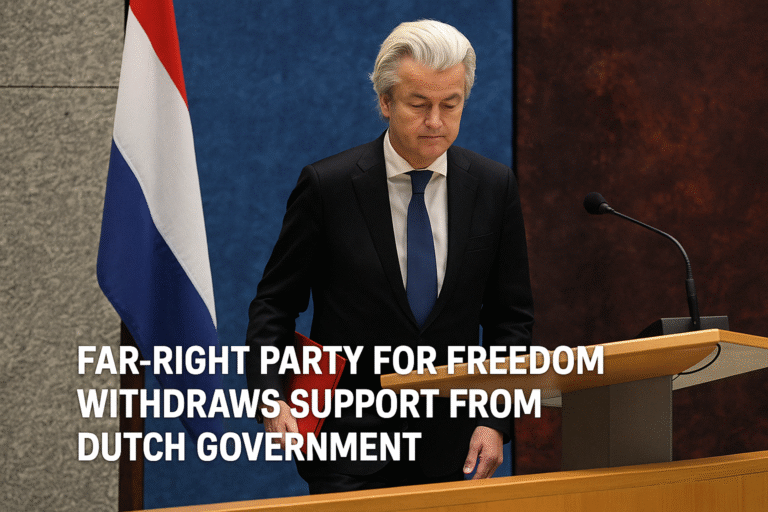
Sources: ECDC and The Guardian
Summary:
European Immunization Week (April 27 – May 3) is an initiative by the World Health Organization (WHO) aiming to highlight the critical role of vaccination in preventing diseases and saving lives.
Vaccination is portrayed not only as an act of self-protection but also as an act of solidarity, providing both immediate and long-term benefits by preventing the spread of infectious diseases.
While most people in EU/EEA countries generally follow national vaccination guidelines, in 2023 and 2024, outbreaks of diseases like measles and pertussis resurged due to declining vaccination rates after the COVID-19 pandemic.
In this context, social and behavioral science approaches are seen as crucial to understanding barriers to vaccination and designing tailored interventions to improve coverage.
The text concludes with an invitation to a digital event that aims to bridge epidemiology and social sciences to address immunity gaps and strengthen vaccination efforts across the EU/EEA.
You can read more here: https://www.ecdc.europa.eu/en/news-events/european-immunization-week-2025-closing-vaccination-gaps-reaching-every-community
Political Discourse Analysis:
- Framing of Vaccination as a Civic Duty:
- The discourse frames vaccination not merely as a personal health choice, but as a social obligation (“act of solidarity”).
- This reflects a broader political strategy of linking individual behavior to collective responsibility, reinforcing the idea that personal actions have public consequences.
- Construction of Authority and Legitimacy:
- By invoking the World Health Organization (WHO) and referring to epidemiological data, the text builds institutional authority.
- Science and expert organizations are used politically to validate recommendations and subtly marginalize dissenting views or vaccine hesitancy.
- Crisis Narrative and Urgency:
- The resurgence of measles and pertussis is used to create a sense of urgency and threat, a common political technique to justify swift action or tighter public health measures.
- References to post-COVID vulnerabilities frame a political need for renewed mobilization and vigilance.
- Consensus Building and Identity Formation:
- The text assumes that “large parts” of the EU/EEA populations already trust and follow national vaccination guidelines, positioning compliance as normative and desirable.
- This works to construct a collective European identity around shared health practices, subtly othering groups or nations with lower compliance.
- Soft Governance through Behavioral Science:
- There is an important shift from hard governance (laws, mandates) to soft governance (influencing behaviors via social and behavioral science).
- Tailored interventions suggest a micro-political management of populations, focusing on persuasion and cultural adaptation rather than coercion.
- Depoliticization and Technocratic Language:
- Although vaccination is a deeply political issue (involving rights, bodily autonomy, public funding, etc.), the language here is technocratic and neutral-sounding (“bridging epidemiology and social sciences”, “identify barriers”).
- This technique depoliticizes the initiative, presenting it as purely scientific and rational, while in reality it promotes specific political choices (such as prioritizing vaccination over alternative forms of healthcare policy).
- Invitation to Participate and Shared Ownership:
- The call to “join our digital event” promotes participatory governance, inviting stakeholders into the decision-making process and creating a sense of shared ownership over public health strategies.
- This is politically important because it pre-empts resistance by making citizens co-producers of policy.
The Guardian article describes how Trump’s new emphasis on investigating autism — particularly through appointing Robert F. Kennedy Jr., a known vaccine skeptic, as Health Secretary — has alarmed many parents of autistic children. It highlights fears that linking autism to vaccines, a claim long debunked by science, could fuel stigma, misinformation, and undermine public health. Parents express concern that this political move weaponizes autism and spreads baseless narratives.
You can read more details here: https://www.theguardian.com/us-news/2025/mar/29/autism-vaccines-trump-rfk-jr-parents
Political Discourse Analysis: Trump–RFK Jr. Vaccine Policy Shift
The Trump administration’s recent moves — notably embracing vaccine skeptic Robert F. Kennedy Jr. — mark a major discursive shift in US public health policy. Rather than reinforcing scientific consensus, the discourse reopens debunked narratives about a supposed link between vaccines and autism.
Key elements:
- Populist rhetoric: Frames scientific authorities as elitist and untrustworthy; elevates “parental choice” over public health consensus.
- Emotional appeals: Exploits parental fears and grievances to fuel distrust.
- Undermining expertise: Challenges institutions like the CDC, creating a binary: parents vs. experts.
- Framing health as individual risk: Moves away from collective responsibility to personal suspicion.
Political significance:
This discourse weaponizes mistrust for political gains, embedding vaccine skepticism into broader culture wars. It threatens to polarize health policy, weakening collective immunization efforts and potentially undermining trust in all forms of scientific governance.
Comparative Analysis:
| Aspect | EIW Initiative | Trump-RFK Jr. Policy |
|---|---|---|
| View of Vaccination | Collective good, solidarity | Personal risk, potential danger |
| Use of Authority | Scientific institutions (WHO, epidemiology) | Outsiders to science (RFK Jr.) |
| Tone | Rational, inclusive | Emotional, divisive |
| Goal | Increase trust and coverage | Stoke skepticism, question status quo |
| Political Implication | Strengthening public health as a common good | Politicizing health for ideological gains |
One response to “Vaccine Policy”
-
Everyday a new low with these MAGAs…




Leave a Reply